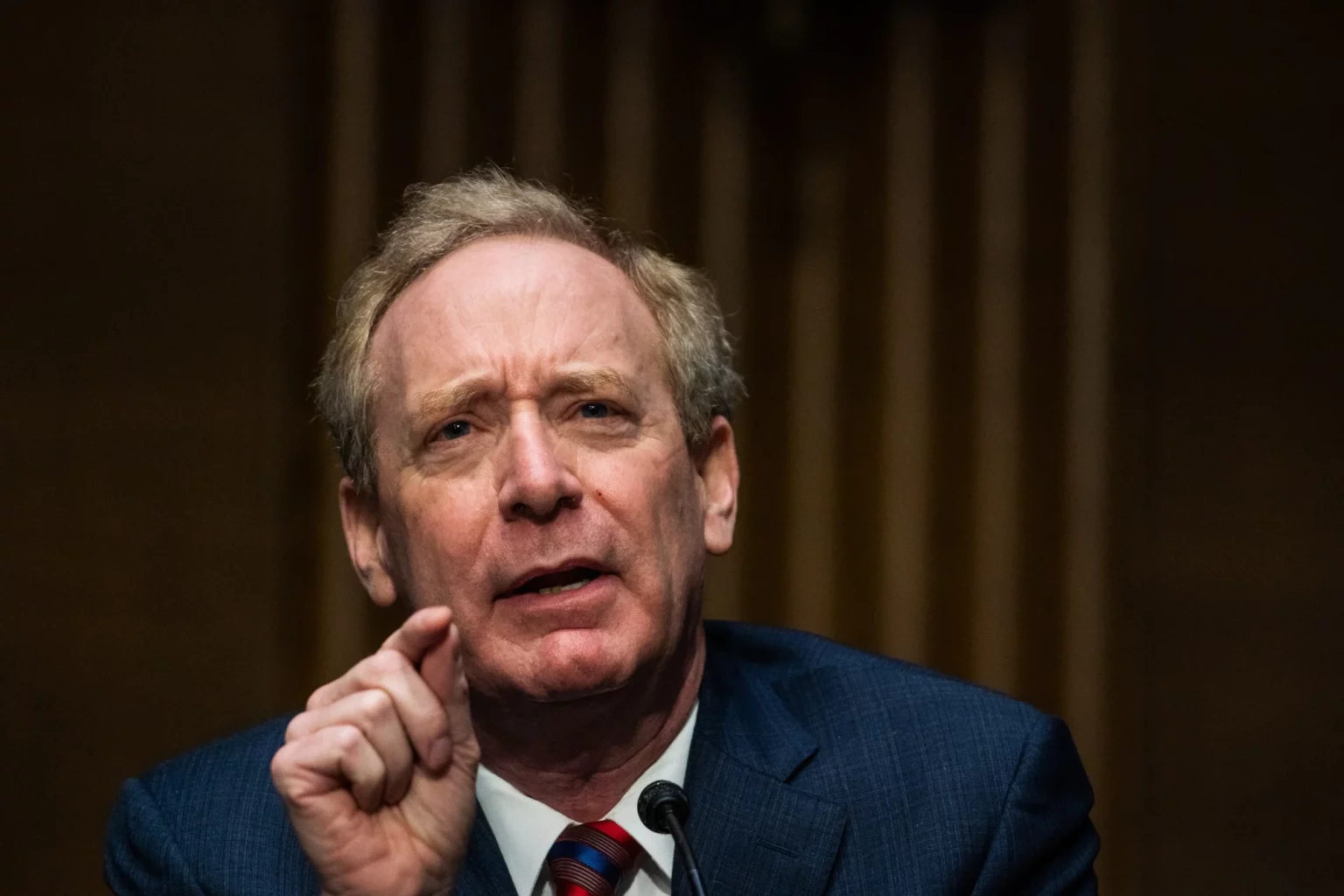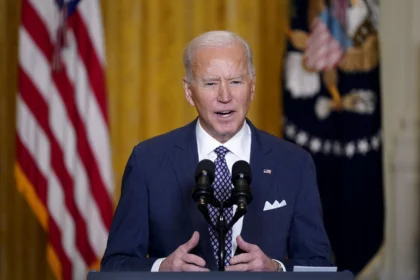Microsoft President Brad Smith has voiced his worries about the proliferation of deep fakes and called for stricter regulation of artificial intelligence (AI). In a speech delivered in Washington, Smith emphasized the need to address the challenge of discerning between real and AI-generated content, particularly due to the potential misuse of deep fakes. As the development of AI continues to accelerate, experts have expressed concerns about the risks associated with this technology. Smith’s remarks shed light on the urgency to implement safeguards and regulations to protect individuals and society at large.
Deep fakes, which refer to highly realistic but fabricated content created using AI algorithms, have become a growing concern in recent years. With the release of OpenAI’s ChatGPT, a chatbot capable of generating human-like responses, experts have raised alarms about the potential for deep fakes to deceive and manipulate unsuspecting individuals.
During his speech, Smith highlighted the necessity of taking steps to protect against the harmful effects of deep fakes. He specifically drew attention to foreign cyber-influence operations, citing examples involving governments such as Russia, China, and Iran. Smith emphasized the need for regulatory measures that would safeguard the authenticity of the content and prevent the alteration of legitimate material with the intent to deceive or defraud individuals.
In addition to calling for regulation, Smith proposed the implementation of licensing requirements for critical forms of AI. He stressed the importance of protecting national security, physical security, and cybersecurity in the deployment of AI technologies. Smith also emphasized the need for updated export controls to prevent the theft or misuse of AI models that could potentially violate export control requirements.
Smith acknowledged public concerns surrounding AI technology and emphasized the importance of accountability. He urged lawmakers to ensure that safety mechanisms are in place, particularly for AI systems that control critical infrastructure such as the electric grid and water supply. Smith proposed a “Know Your Customer”-style system for developers of powerful AI models to monitor their technology’s usage and provide transparency to the public regarding AI-generated content.
Smith’s concerns align with those expressed by other industry leaders and researchers who have called for responsible AI development. OpenAI CEO Sam Altman, supported by Microsoft, has also emphasized the need for global cooperation and incentives to ensure the safe and ethical deployment of AI technologies.
Brad Smith’s concerns over deep fakes and his call for AI regulation highlight the growing need to address the potential risks associated with AI technologies. Striking a balance between technological advancement and responsible use is crucial to protect individuals and maintain societal trust. As discussions continue, it becomes imperative for policymakers, industry leaders, and researchers to collaborate and develop comprehensive frameworks that safeguard against the misuse of AI while promoting its positive impact on society.




